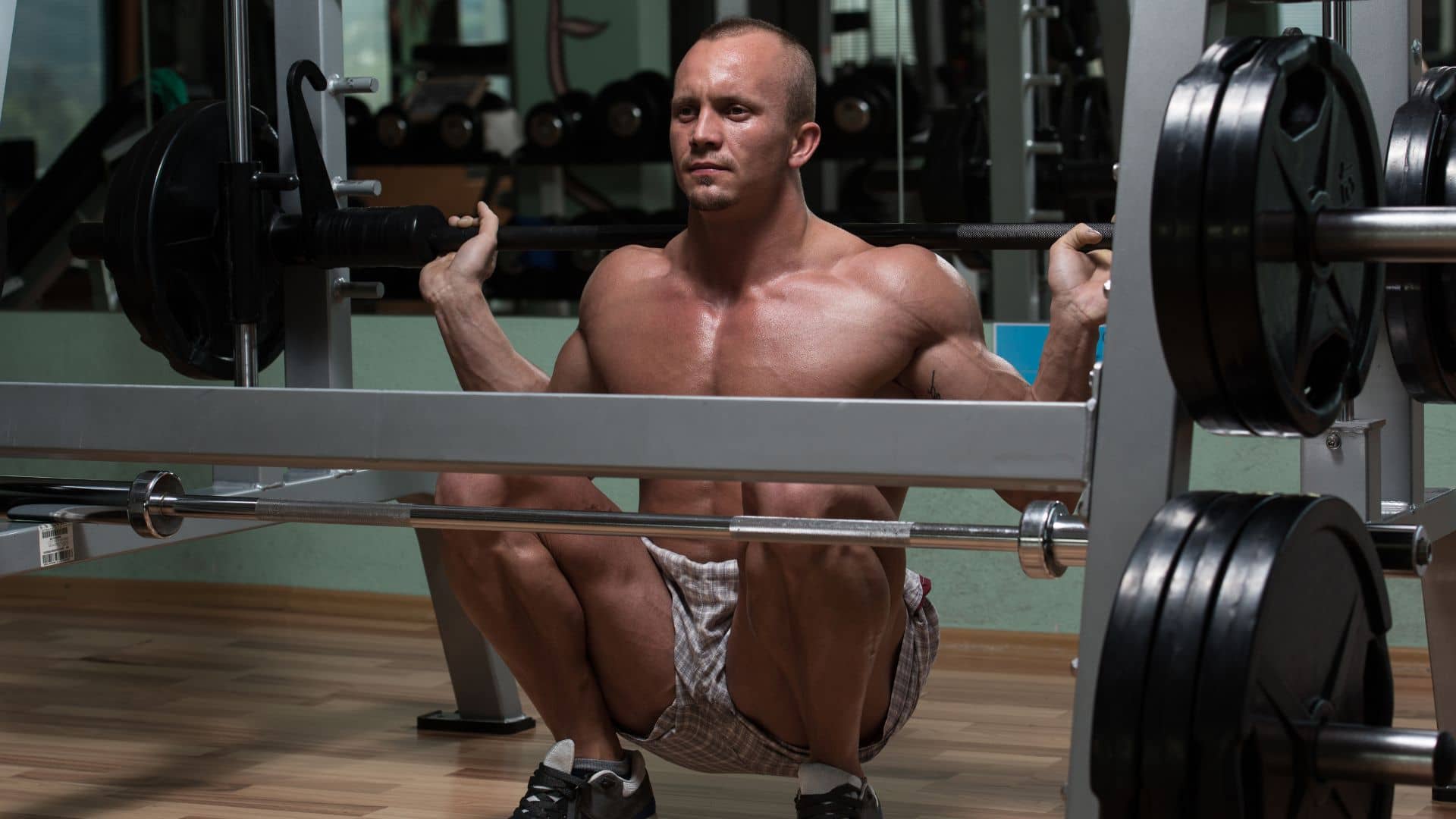Table of Contents
ToggleUnderstanding Fitness and Individual Progression: The Individualized Nature of Strength
Factors at Play
1. Experience Level: Someone relatively new to weightlifting might indeed find 70kg challenging. Experience matters significantly in weightlifting as it allows for neuromuscular adaptation and better technique.
2. Genetics: Each person’s genetic makeup contributes to their strength potential. Factors like muscle fiber composition, limb lengths, and muscle insertions can affect how much weight one can lift.
3. Training Consistency: Regular training, including proper rest and recovery, plays a crucial role in strength gains. Without consistent practice, progress might plateau or slow down.
The 70kg Benchmark
What Does It Signify?
Reaching a 70kg back squat mark signifies a certain level of strength, especially for a 24-year-old. However, ‘struggling’ is a relative term. For some, 70kg might represent a comfortable lift, while for others, it could be a significant challenge.
Encouraging Progression
Embrace the Journey
1. Patience: The journey towards strength isn’t solely about hitting specific weights. It’s about consistent improvement and being better than yesterday.
2. Technique Overload: Focusing on perfecting form and technique can prevent injury and aid in breaking plateaus.
3. Individual Goals: Setting personal milestones rather than comparing oneself to others is crucial. Progression differs for everyone.
In other words: 24-Year-Old Struggle with a 70kg
In essence, a 24-year-old struggling with a 70kg back squat isn’t unusual or indicative of failure. It’s a reflection of their individual journey, affected by multiple variables. The key lies in embracing the process, staying consistent, and focusing on personal improvement rather than comparing oneself to arbitrary benchmarks.
External Resources:
- Bodybuilding.com – Squat Technique
- American Council on Exercise – Strength Training Basics
- BarBend – How Genetics Affect Strength
Fitness is about progress, not perfection. Keep lifting, learning, and growing stronger!
The Journey Towards a Stronger Squat
Overcoming Challenges and Addressing Weaknesses
1. Weak Muscle Groups: Sometimes, struggling with a certain weight in a squat can point to specific weaker muscle groups. Strengthening these muscles through targeted exercises can improve overall squat performance.
2. Mobility and Flexibility: Limited mobility in the hips, ankles, or thoracic spine can hinder squat depth and technique. Incorporating mobility exercises and stretches can make a significant difference.
Training Strategies and Progression Techniques
1. Progressive Overload: Gradually increasing weight, reps, or sets is fundamental for strength gains. This method allows muscles to adapt and grow stronger over time.

2. Deload Weeks: Taking lighter training weeks periodically can aid recovery and prevent burnout, enabling the body to bounce back stronger.
3. Variations: Incorporating different squat variations like front squats, goblet squats, or paused squats can target muscles differently and break plateaus.
Seeking Guidance and Importance of Coaching
1. Form Correction: A qualified coach or trainer can identify and correct form issues, enhancing performance and reducing the risk of injury.
2. Personalized Plans: A tailored training program considering individual strengths and weaknesses can expedite progress.
Mental Perspective and Building Confidence
1. Positive Mindset: Confidence in one’s ability to progress is crucial. Celebrating small victories and staying motivated are key components of a successful fitness journey.
2. Persistence: Consistency, dedication, and perseverance are vital. Remember, everyone starts somewhere, and progress takes time.
Final Thoughts
Struggling with a 70kg back squat at 24 isn’t a cause for concern; it’s an opportunity for growth. Embracing challenges, addressing weaknesses, and adopting smart training strategies pave the way toward a stronger, more confident squat. Each lift, regardless of the weight, contributes to the journey of becoming a better, stronger version of oneself.
Fitness is a continuous journey, and progress comes in various forms. Embrace the process, stay consistent, and enjoy the transformative power of lifting weights.
Comparison tabular on this topic here
| Factors | Role in Back Squat Progression |
|---|---|
| Experience Level | Beginner: Likely to find 70kg challenging. Advanced: May handle it more comfortably. |
| Genetics | Influence muscle strength potential, affecting lift capacity. |
| Consistent Training | Regular training enhances strength gains and technique refinement. |
| Weak Muscle Groups | Identify weaknesses, target specific muscle groups for improvement. |
| Mobility & Flexibility | Limited mobility hampers squat depth and form, requiring focus on flexibility exercises. |
| Progressive Overload | Gradual increase in weight/reps for muscle adaptation and growth. |
| Deload Weeks | Lighter training weeks aid recovery and prevent burnout. |
| Variations | Different squat types target muscles differently, breaking plateaus. |
| Coaching | Corrects form issues, provides tailored plans for improved performance. |
| Positive Mindset | Builds confidence, celebrates progress, and maintains motivation. |
| Persistence | Consistency and dedication crucial for long-term progress. |
This table highlights the multifaceted nature of factors influencing back squat progression.
Let’s wrap this up with some final thoughts:
Embracing the Squat Journey. The journey of strength, particularly in mastering the back squat, is an individual odyssey. Whether you’re a 24-year-old struggling with a 70kg back squat or someone on a different part of this journey, remember that progress is a multifaceted process.
Enjoy the Transformation. Strength isn’t just about the weight on the bar; it’s about the mental fortitude, discipline, and determination forged with every rep. Embrace the process, relish the journey, and revel in becoming the strongest version of yourself.Remember, the weight on the bar doesn’t define your worth as a lifter. Your dedication, perseverance, and commitment to improvement are what truly matter. Keep squatting, keep growing, and keep enjoying the transformative power of lifting weights!
If there’s anything more you’d like to explore or add, feel free to let me know in the comment below.

Hey there, it’s Mike Rrsq, the Editor-in-Chief over at Jsquat.com, and I’m absolutely obsessed with all things squat fitness! I’ve been lucky enough to get some serious recognition for my work in this field. With a solid background in the fitness and wellness industry, I’ve been there right from the get-go, helping shape this website into what it is today.
You see, I’m not just the boss around here; I’m also a passionate contributor. I love sharing my insights through my articles, and trust me, they’re not your run-of-the-mill stuff. Each piece I write is a labor of love, filled with my expertise and real-world experience in the fitness universe. So, if you’re into fitness and looking for some inspiration, you’re in the right place!


